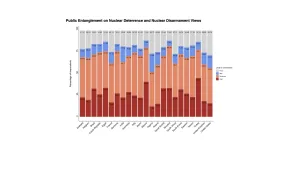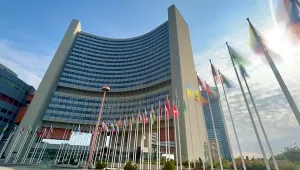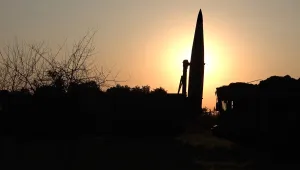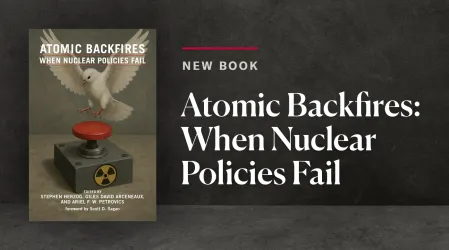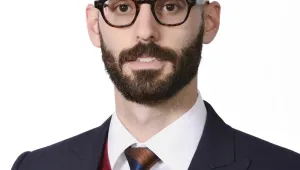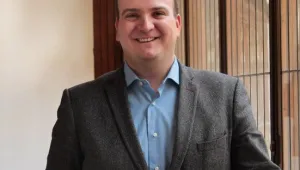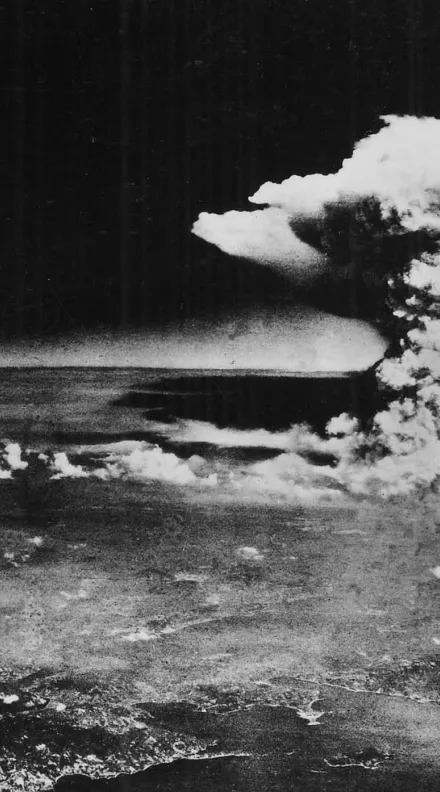
Project
Managing the Atom
Leadership
-
Principal Investigator

-
Principal Investigator

-
Executive Director
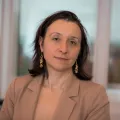
About Managing the Atom
The Project on Managing the Atom (MTA) conducts and disseminates policy-relevant research on nuclear weapons, nuclear energy, and nuclear non-proliferation and disarmament. The project supports an international group of pre- and post-doctoral fellows and other experts working on these issues and helps to advance their research work through seminars, workshops, and conferences.
MTA Events
Attend Our Events
Contact MTA
-
General Inquires
Contact usWe're here to answer your questions
Stay Connected


